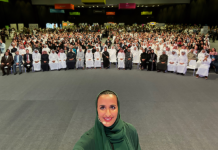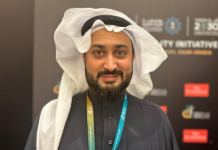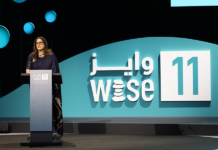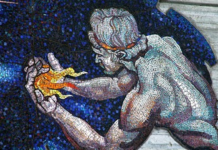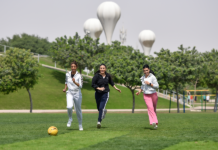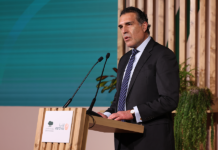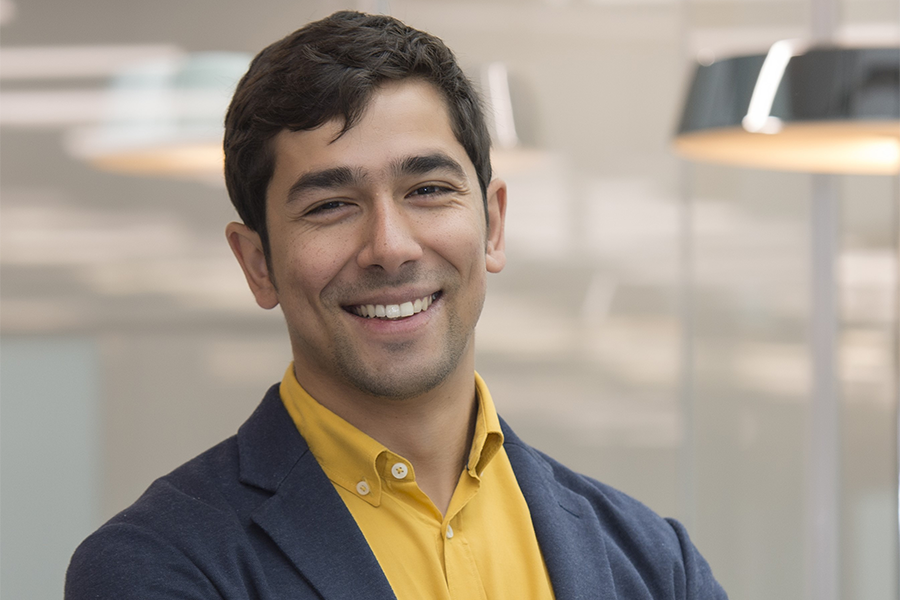
In the fast-paced, innovation-driven world of education, a beacon of change shines brightly: the WISE Prize for Education. This prestigious accolade, more than a mere award, is a catalyst for pioneering thinkers and doers in the educational sphere. WISE isn’t just recognizing excellence; it’s nurturing and propelling it to new heights.
Aurelio Amaral, a key figure at WISE, Qatar, encapsulates the spirit of this initiative: “The WISE Prize for Education was conceived by Her Highness Sheikha Moza bint Nasser, Chairperson of Qatar Foundation and serves as the Nobel Prize for Education.” But it’s not just about accolades. Amaral emphasizes a shift towards active enablement, “aiming not only to globally recognize outstanding work in education but also to actively support innovators in developing new solutions.”
This dynamic approach sets the WISE Prize apart. Unlike other educational awards fixated on past achievements, WISE is future-forward. “We identify innovators with great potential as finalists, providing year-long capacity building, financial support, and tailored mentorship,” says Amaral. This unique blend of recognition, mentorship, and a competition finale at the 2025 WISE summit makes the prize an exceptional catalyst in the educational realm.
But what does it take to be part of this transformative journey? “We seek innovators with a proven track record, aiming to expand their impact by creating something innovative,” Amaral outlines. This year, WISE is zeroing in on three critical challenges: enhancing Arabic language instruction, accelerating foundational literacies, and addressing challenges in AI education such as biases and disinformation. Amaral explains how “the WISE summit inspired the challenges, with all three options stemming from crucial discussions on challenges in education related to artificial intelligence. The growing adoption of AI tools in education and society poses implications that educators and education systems may not be fully equipped to handle.”
The criteria for the WISE Prize are stringent yet inspiring. Projects need to be scalable, adaptable, and designed for specific social contexts with global replication potential. “Scalability is crucial; solutions shouldn’t be limited to affluent regions,” Amaral asserts.
The WISE Prize is more than a competition; it’s a comprehensive mentorship journey. “As we select semi-finalists, due diligence will reveal their needs, shaping tailored support,” Amaral explains. This bespoke approach ensures that the innovations nurtured by WISE are not only groundbreaking but also sustainable and impactful.
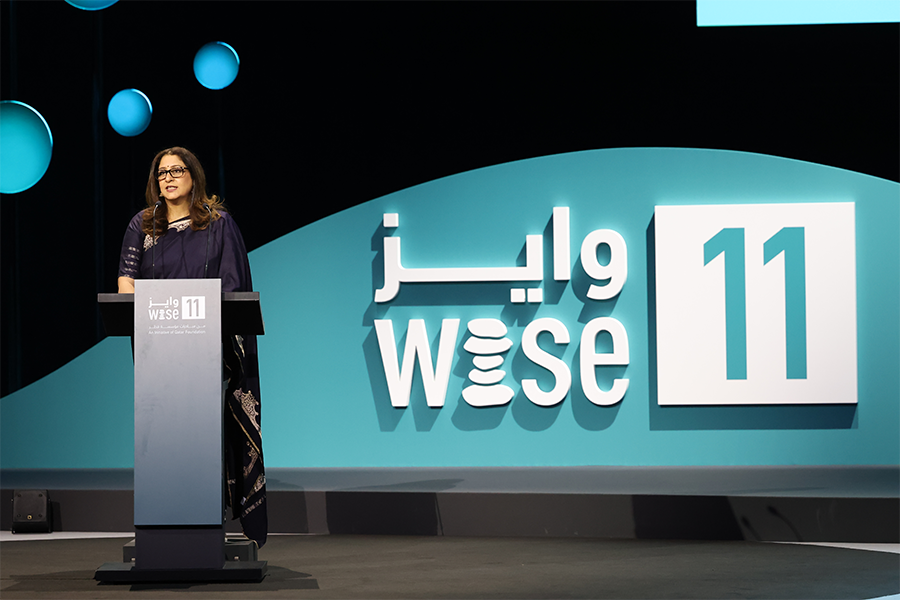
Reflecting on past laureates, like Safeena Husain of Educate Girls in India, Amaral points out the transformative potential of technology in unexpected contexts. Her journey from winning the innovation award in 2014 to leveraging AI to identify out-of-school girls exemplifies the prize’s impact.
Looking ahead, Amaral envisions the WISE Prize as a force for systemic change. “While one solution alone might not revolutionize education, a well-crafted and impactful idea, supported by our prize, could catalyse systemic change,” he states.
As applications for the WISE Prize for Education open until March 15, 2024, there’s a palpable sense of anticipation. Who will be the next disruptor, the next visionary to shape the future of education?
This year’s WISE Prize is not just a competition; it’s a movement. A movement towards a future where education is reshaped by the daring, the innovative, and the visionary![]()







